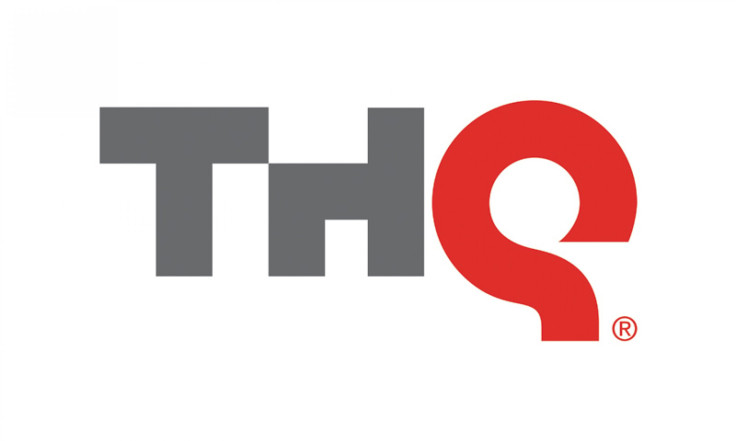THQ Faces Buyout Rumors After Posting Massive Second Quarter Losses
Shares prices have fallen 96 percent over the past two years.

Struggling video game publisher THQ Inc. (Nasdaq: THQI) is facing a fresh round of speculation about its viability following a weak fiscal 2013 second-quarter earnings report.
The Agoura Hills, Calif., company late Monday reported a loss of $21 million, or $3.06 per share, for the three months ended Sept. 30 on sales of $107.4 million. This is an improvement over the previous year’s loss of $92.4 million, or $13.52 a share. Second-quarter sales declined 26 percent to $107.4 million.
The company currently has about $36.3 million in cash and equivalents, THQ’s statement said, a nearly 50 percent drop from the $76 million it reported in the second quarter of 2011.
Following the grim financial news, THQ stock, which closed slightly above $3 per share on Monday, essentially went into free-fall Tuesday. Shares opened at $2.17 and fell 48 percent to $1.56 at 12:26 p.m. in New York -- the biggest intraday drop since May 2000, according to Bloomberg. THQ shares have fallen 60 percent over the past year and 96 percent over the past two years, cutting the company’s market value to less than $11 million.
The current share price brings THQ perilously close to the low point it hit in July, when the company narrowly avoided being delisted on Nasdaq entirely.
The Wall Street Journal reported that THQ CEO Brian Farrell acknowledged in a post-earnings report conference call that the company is working with the investment banking advisory firm Centerview Partners to evaluate its “strategic alternatives.”
In terms of its “strategic alternatives,” THQ now faces two stern challenges with its finances and product development.
First, the company’s finances are approaching a watershed moment in August 2014 when around $100 million of convertible senior notes are due.
Michael Pachter, an analyst at Wedbush Securities, told the Wall Street Journal that the company has to “generate cash surplus by then,” something he sees as “a pretty remote possibility.”
Pachter added that with THQ’s current debt taken into consideration, the company’s cash reserves are likely closer to $15 million than $36 million.
The second concern rests with game development, which is struggling due to the lack of capital and poor sales from its flagship franchises such as “Darksiders,” “Saints Row” and “Warhammer: 40K.” THQ hired noted game developer Jason Rubin as its president in June to stimulate product development across the entire company. In an interview with the gaming site Polygon, Rubin admitted that the company’s biggest titles were largely considered “embarrassing” by the current tastes of gamers.
But the company’s efforts to rebuild and rebrand itself as a developer of blockbuster “hardcore” games continues to be hampered by the disastrous launch of its child-friendly “uDraw Tablet” last year, a move that cost the company more than $100 million by its own estimates.
Rubin said THQ’s three high-profile games that were initially slated for release in early 2013 -- “South Park: The Stick of Truth,” “Company of Heroes 2” and “Metro: Last Light” -- are therefore being pushed back for further development, delays that the company admitted “will likely create a need for additional capital.”
“I am confident about the opportunities that lie in our robust slate of games and in our studios,” Farrell said in the company’s statement Monday. “But we also face challenges operating with limited capital resources in the highly competitive market for games, and we are working diligently to resolve those challenges.”
© Copyright IBTimes 2024. All rights reserved.












